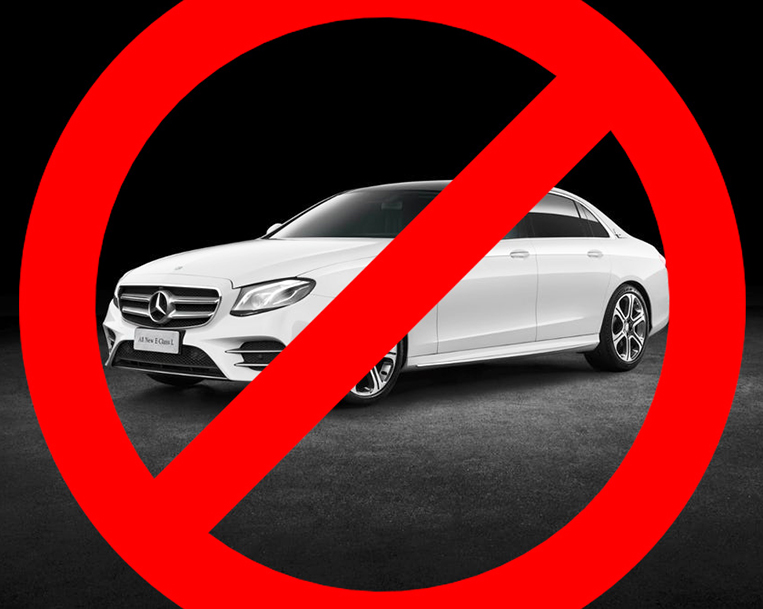
The big red country up north is starting the New Year with a bang, and it’s one that will affect a number of homegrown and international car manufacturers. China has just ordered a stop to the production of 553 different passenger car models in an effort to further reduce pollution levels in the country. A document issued by the China Vehicle Technical Service Center lists all the cars no longer allowed to be produced in the country from January 1 onward, and includes models from Audi, BMW, Chevrolet, Mercedes-Benz, Toyota and Volkswagen, as well as a number of local brands such as Jinbei and Dongfeng.
The measure does not mean a whole model range won’t be built anymore, but rather seems to affect certain models and engine versions within the lineups of numerous carmakers. The main reason for the production stop given by the government is the fact that the cars in question do not adhere to prescribed fuel consumption levels, and therefore are no longer allowed to be built and sold in the country. It is understood that this de facto ban on certain cars only affects future production and will not result in any existing vehicles being forced off the road.
The full list only gives the local model numbers of the cars in question, which differ in format from what you might expect to see but can be deciphered quite easily with a bit of help from Google. Searching for the model number of entry 75 on the list, for example, reveals that behind the description DC6422LLCA sits an MPV manufactured under a joint venture between French brand Peugeot and Chinese manufacturer Dongfeng. Model number BJ7202EEL2 is actually a Mercedes-Benz E-Class built by Beijing Benz, a cooperation between BAIC and Daimler AG, the German company that owns the Mercedes-Benz brand.
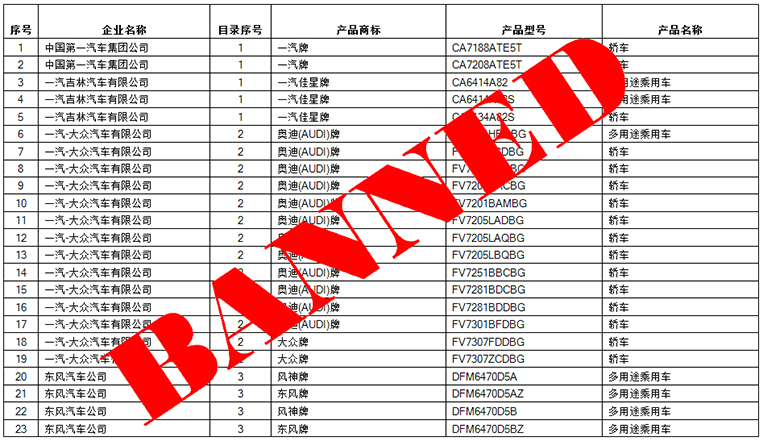
Other models that find themselves on the naughty list are certain versions of Audi’s Q5, A3 and A6; Volkswagen’s Touran; Chevrolet’s Trax; Toyota’s Altis; and BMW’s 5-Series. Bloomberg cites some sources as saying that the 500-plus models are only a tiny percentage of the cars being sold in China, so more such lists could be expected in the near future.
That China is taking more and more steps to curb air pollution and better its overall environmental footprint is hardly surprising, as the country has long recognized the problems that came along with its rapid economic expansion. Nowadays, the Asian nation is one of the leaders when it comes to the manufacture of electric cars and bikes, and to ensure that these clean new vehicles are not powered by dirty old coal, the country is also pushing hard on the solar energy front. In 2016, China installed more than 34GW of solar capacity, which is more than twice as much as the US managed to add, and almost half of the total added capacity worldwide that year.
Simply banning certain versions of fossil fuel-powered cars from being manufactured may seem a bit harsh, but is not unusual for a country that is known for its direct and sometimes hard approach to things. In fact, this sort of no-nonsense enforcement could also be beneficial for the Philippines, where a number of manufacturers are still selling cars that emit more pollutants than many other countries would deem legal or acceptable. It really requires strong political will to keep everyone in line and the environment protected.

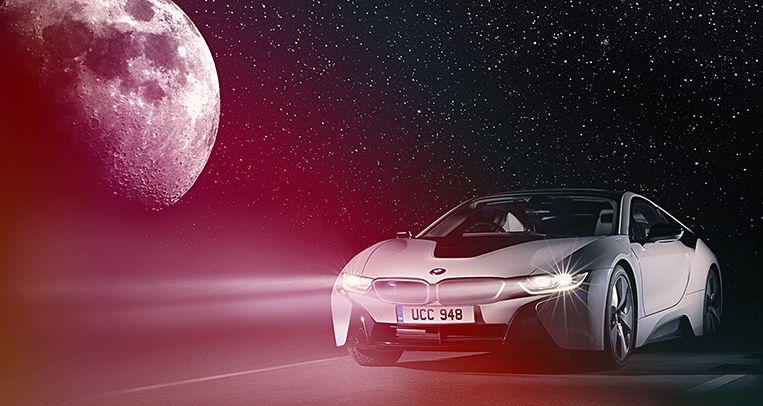
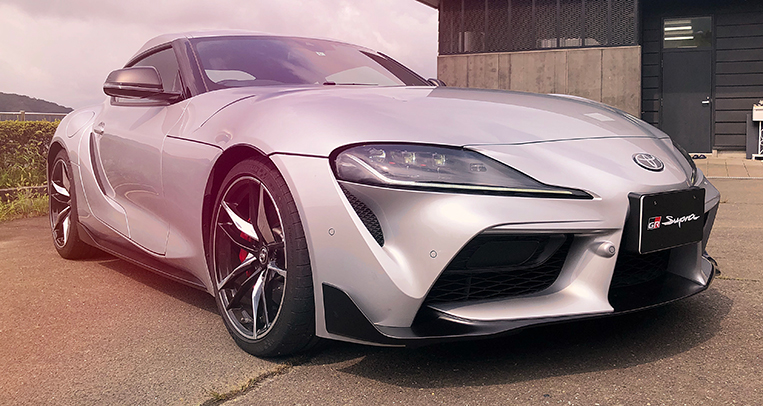
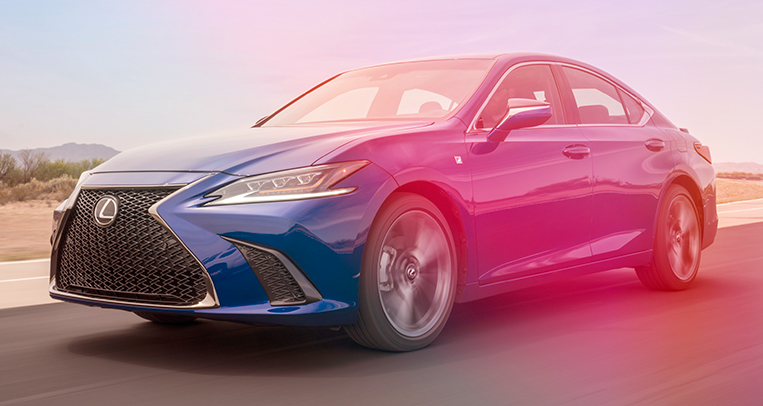

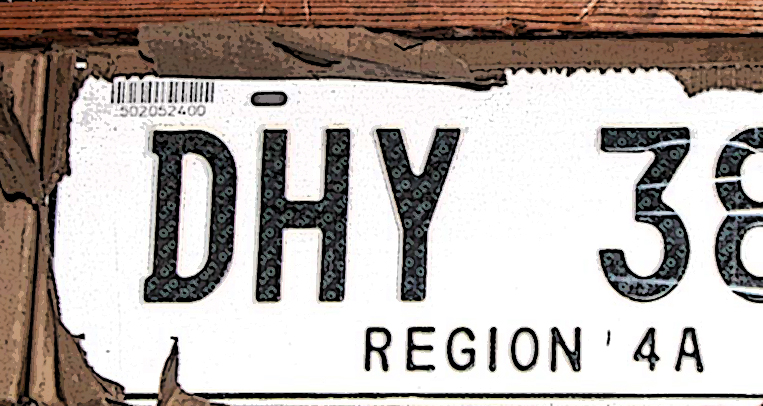
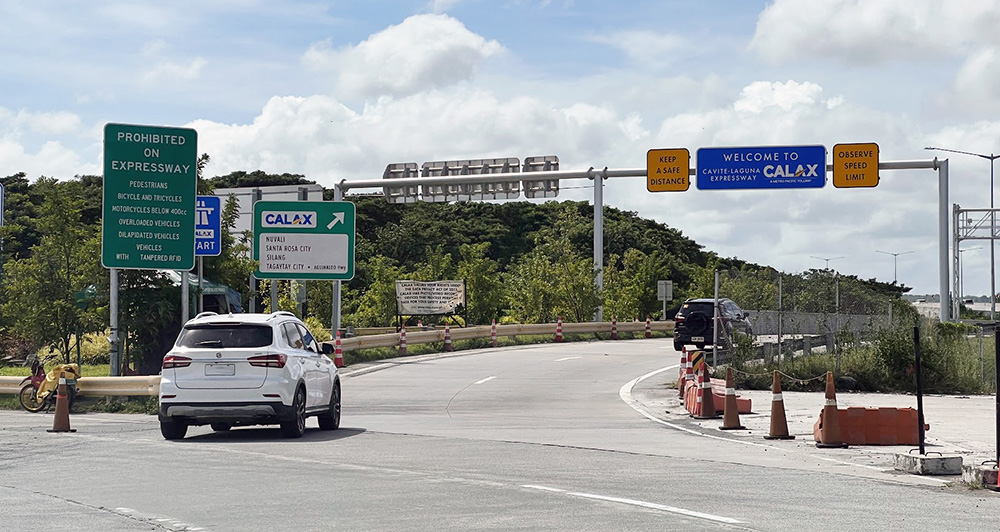

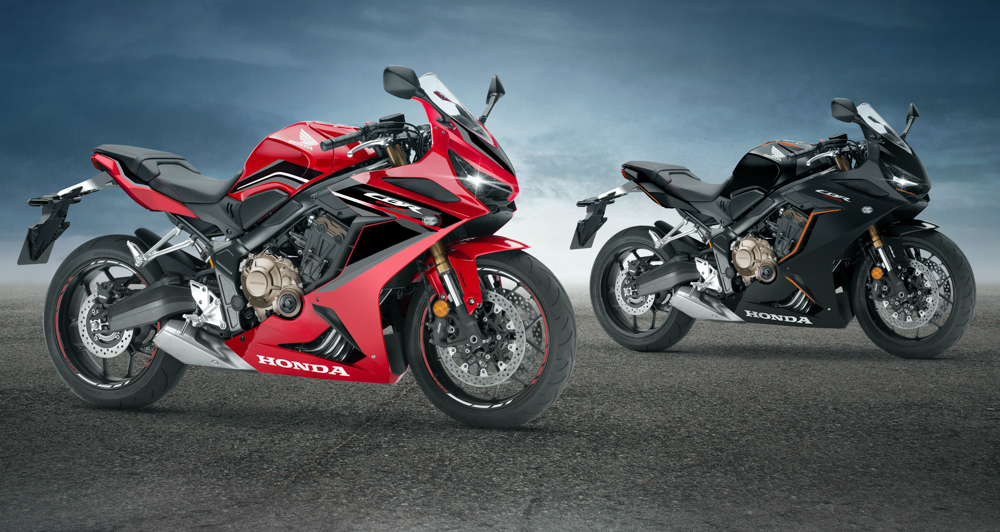

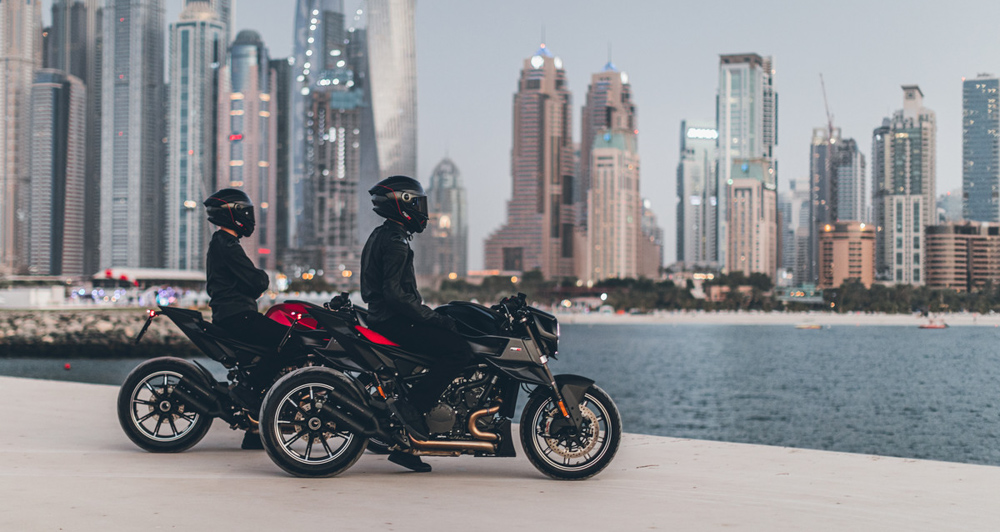
Comments